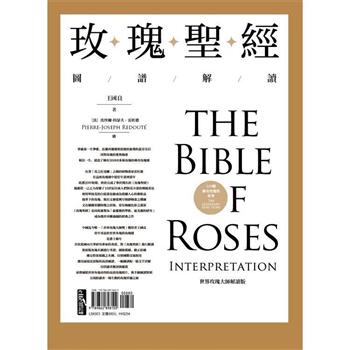The study of Christian ethics in North America has been profoundly influenced during this century by the work of H. Richard Niebuhr. That influence is felt nowhere as keenly as in the widespread use of his classic text, Christ and Culture. Yet certain central flaws exist in Niebuhr's work on Christ and culture, particularly in its lack of concrete norms for the church's transformative engagement with the world. Scholars have long realized that further work must be done in this area if the church is to speak the word of the gospel adequately in the midst of a pluralistic and changing culture. In this book, Glen H. Stassen, D. M. Yeager, and John Howard Yoder push Christian ethical reflection beyond Niebuhr by offering an analysis and critique of Niebuhr's well-known fivefold typology of the relation of Christ to culture. They wrestle with the issue of how the actual, working church goes about being an agent of the transformation of culture. Unlike Niebuhr, whose description of the transformationist ideal had little grounding in the concrete existence of the church, the authors reflect on those practices through which congregations seek both to embody faithfulness to Jesus Christ and to be the church in their culture. As a prologue to this analytical and constructive task, the volume contains a previously unpublished essay by H. Richard Niebuhr, "Types of Christian Ethics," in which he laid out the framework of the typology he would later expand in Christ and Culture.
| FindBook |
有 1 項符合
Authentic Transformation: A New Vision of Christ and Culture的圖書 |
 |
Authentic Transformation: A New Vision of Christ and Culture 作者:Stassen 出版社:Abingdon Press 出版日期:1995-06-01 語言:英文 規格:平裝 / 300頁 / 23.1 x 15.2 x 2 cm / 普通級/ 初版 |
| 圖書館借閱 |
| 國家圖書館 | 全國圖書書目資訊網 | 國立公共資訊圖書館 | 電子書服務平台 | MetaCat 跨館整合查詢 |
| 臺北市立圖書館 | 新北市立圖書館 | 基隆市公共圖書館 | 桃園市立圖書館 | 新竹縣公共圖書館 |
| 苗栗縣立圖書館 | 臺中市立圖書館 | 彰化縣公共圖書館 | 南投縣文化局 | 雲林縣公共圖書館 |
| 嘉義縣圖書館 | 臺南市立圖書館 | 高雄市立圖書館 | 屏東縣公共圖書館 | 宜蘭縣公共圖書館 |
| 花蓮縣文化局 | 臺東縣文化處 |
|
|
圖書介紹 - 資料來源:博客來 評分:
圖書名稱:Authentic Transformation: A New Vision of Christ and Culture
|




![塔木德:猶太人的致富聖經[修訂版]:1000多年來帶領猶太人快速累積財富的神祕經典 塔木德:猶太人的致富聖經[修訂版]:1000多年來帶領猶太人快速累積財富的神祕經典](https://media.taaze.tw/showLargeImage.html?sc=11100697818)


